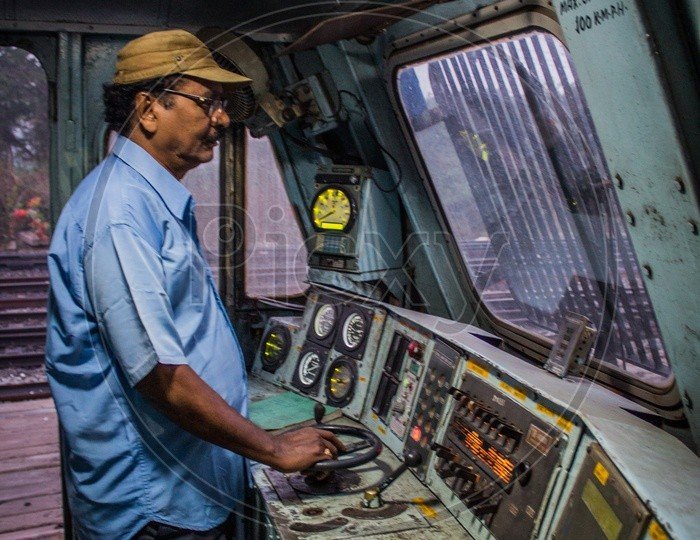By Shri Prakash, Loco Pilot, Trichy, Southern Railway

Loco Pilots (LPs) and Assistant Loco Pilots (ALPs) are the operational backbone of Indian Railways, responsible for the safe and timely movement of millions across the country. Despite their critical role, they continue to face a range of structural, operational, and psychological challenges that remain largely unaddressed.
ALPs and LPs are routinely assigned duties beyond their designated scope, including tasks meant for C&W staff, pointsmen, TXR personnel, and Train Managers (TMRs). This dilution of responsibilities increases workload and operational risk. Despite undergoing rigorous training in electric and diesel traction, General and Subsidiary Rules (GR/SR), and technical troubleshooting, they are often treated with excessive rigidity during training sessions, with little emphasis on skill development or mental well-being.
Career progression is another major concern. Promotions from Senior ALP to Shunter or from Goods LP to Mail/Express LP do not result in any enhancement in grade pay, despite increased responsibility. This stagnation in financial recognition has led to widespread dissatisfaction. Additionally, LPs and ALPs are expected to master multiple sections under tight timelines, often without structured road learning support, adding to their stress and safety risk.
Working conditions are equally demanding. LPs and ALPs frequently exceed the prescribed 12-hour duty limit, especially in freight operations. Inadequate rest facilities, irregular shift patterns, and substandard running rooms contribute to chronic fatigue, health deterioration, and strained family relationships. Many are called for duty without adequate rest, violating rest protocols outlined in safety circulars. The absence of structured mental health support, counselling, or grievance redressal mechanisms further exacerbates these issues.
Leave-related challenges are another major source of frustration. Although LPs and ALPs are entitled to LAP, LHAP, and other forms of leave, operational shortages often result in leave requests being denied, delayed, or cancelled at the last minute. Even sanctioned leave is frequently revoked due to link failures or crew shortages. There is no transparent system for advance leave planning, rotation, or emergency backup, making it difficult for staff to attend to personal or family responsibilities. This unpredictability contributes significantly to burnout and emotional distress.
The General Departmental Competitive Examination (GDCE), intended to provide promotional opportunities for Group D employees, presents a mixed outcome. While certain posts—such as Junior Engineer or Goods Train Manager—offer a clear upgrade in grade pay and responsibilities, others like ALP provide minimal financial improvement despite significantly higher workload and accountability. In some cases, employees are reportedly encouraged or pressured to apply for ALP posts through GDCE, leading to disillusionment post-selection when the realities of the role become apparent.
Additional concerns include inconsistent implementation of breath analyzer (BA) testing protocols, lack of proper signal visibility in certain sections, and growing discomfort over excessive monitoring of CUG/mobile data usage. Furthermore, LPs and ALPs are rarely acknowledged in official safety campaigns or recognition programs, despite being safety-category staff. The revised training modules introduced by the Railway Board, though comprehensive, are often overwhelming in volume and pace—especially for ALPs without digital access or refresher support.
